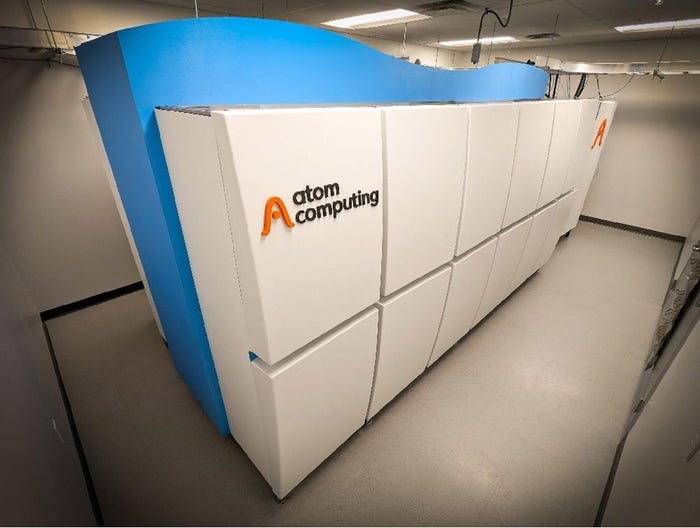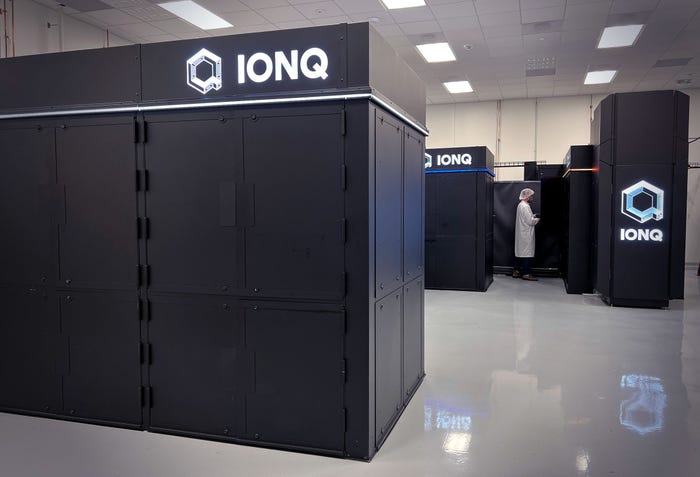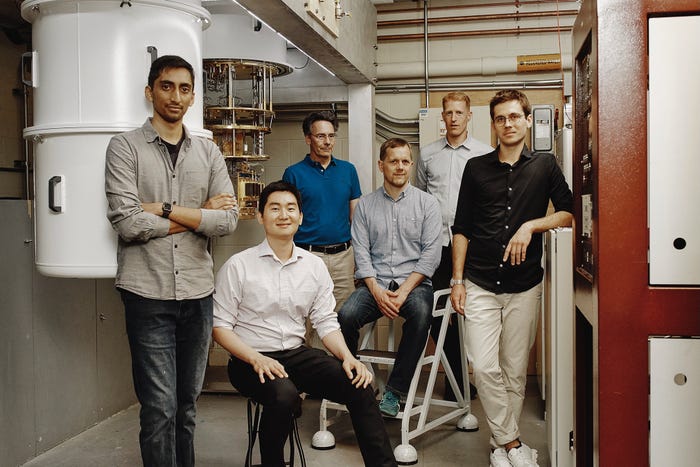
Connects decision-makers and solutions creators to what's next in quantum computing
IonQ Targets Quantum Advantage via Generative AI
Q&A with IonQ co-founder and chief technology officer Jungsang Kim

Quantum computing hardware and software company IonQ recently announced a strategic alliance agreement with generative AI specialist Zapata Computing to explore benchmarking industrial generative AI techniques on quantum hardware.
In this exclusive Q&A with Enter Quantum, IonQ co-founder and chief technology officer Jungsang Kim discusses what generative AI and quantum can achieve together that they cannot individually and the importance of pursuing quantum advantage for real business problems on quantum hardware rather than simulators.
Enter Quantum: IonQ announced a collaboration with Zapata to benchmark generative AI techniques on quantum hardware. What is behind this partnership?
Jungsang Kim: We’ve worked with Zapata for a long time, including releasing a paper on quantum generative models called quantum generative adversarial network (QGAN). We had this database of handwritten digits zero through nine. First, we did some classification work with another partner but then realized that we could also use a generative model. We were able to generate high-resolution images using a hybrid quantum-classical algorithm on an IonQ computer.
More recently, we've been thinking about how quantum computers can do some meaningful things. Some recent work that got us excited about Zapata is they have published a paper on how to create generative models to help with drug discovery. They have a database of candidate chemicals and they create models and predict what chemicals would be a good candidate to look at.
It's mostly done with algorithm development and simulation, but we are starting to see that this type of very early, generative model can be applied to a much wider range of problems. We started to look at those types of problems using our more advanced machines that have become available.
What can generative AI and quantum achieve together for pharmaceuticals that they can't achieve alone?
Generative AI is a very large field and you can use machine learning techniques to produce candidates, whether they're images, language models or text. In the early stages of quantum, we’re not talking about a language model that has billions of data points.
The real advantage that we see is when you don't have a lot of data. When you have a lot of data you can make very large models using large GPU clusters in optimized machine learning hardware and you can do it really well.
But there are many applications where there isn't a whole lot of data to create well-trained models. Nevertheless, the outcomes are impactful. Our current insight is because quantum models can be very efficient at building a lot of products. The general technique is creating models to replicate some of the data that we have, and then start looking at areas where there isn't any data and using efficient funnel models to look at those opportunities. This is where the power of the two combines.
Are you actively pursuing quantum advantage through this project?
Absolutely. In many of the areas we're going into, if there is no quantum advantage, why bother? Quantum advantage is not a single, very clear objective. It's seeing if we can use quantum computers to do things that classical computers will not be able to do.
Factoring problems are known to be extremely difficult classically, and that's one direction. But we could also find those advantages where we can't do them because of lack of data or classical solutions will not be able to provide an answer where quantum can.
I believe that we still have to build and use quantum computers that cannot be classically simulated, otherwise, you’re using a quantum algorithm but simulating it classically can get you there. The real opportunity we're pursuing is, what are the areas where these types of quantum properties are absolutely needed? Whether they're situations where your model has to be so much more efficient or situations where there's a lot of underlying correlations in the data. These things are generally very hard, very expensive and difficult to do classically.
Where would you like IonQ to be in a year from now?
We are looking for real-world applications where quantum can show a clear advantage. We need to build more computers and we have a roadmap to get to a point where classical simulation is not possible. But if we have a clear application that gives you a path to quantum advantage when those machines are available, that will be a fascinating discovery.
About the Author
You May Also Like
.png?width=100&auto=webp&quality=80&disable=upscale)
.png?width=400&auto=webp&quality=80&disable=upscale)




